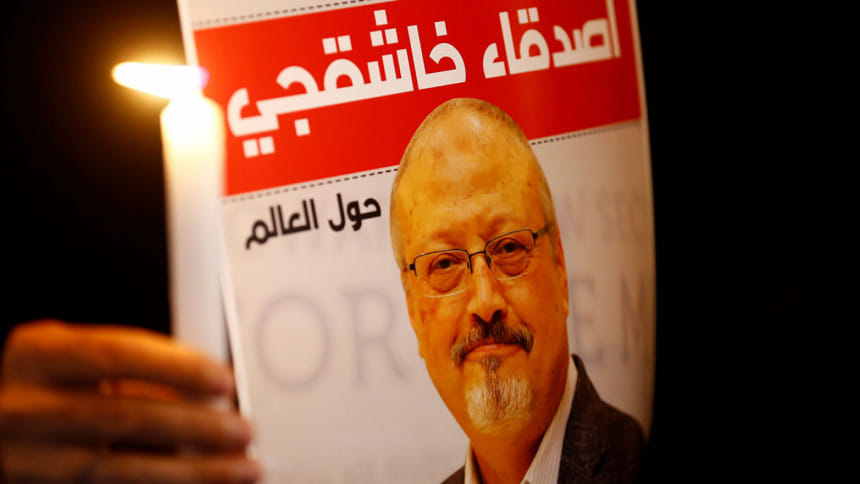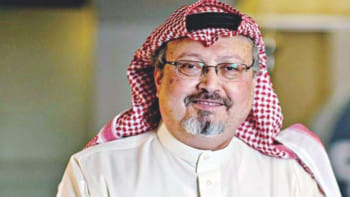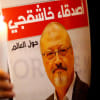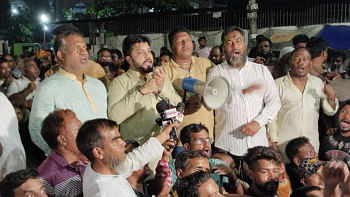Khashoggi murder trial opens in Saudi Arabia

Saudi Arabia's attorney general sought the death penalty for five of 11 defendants charged with the murder of journalist Jamal Khashoggi as their high-profile trial opened in Riyadh yesterday.
All 11 accused were present with their lawyers at the opening hearing in the capital, according to a statement by the attorney general carried by the official Saudi Press Agency.
The attorney general said Saudi Arabia had twice submitted formal requests for evidence from Turkey -- where Khashoggi was murdered inside the kingdom's Istanbul consulate -- but had received no response.
The names of the defendants have not been officially released. Five top officials in Saudi Arabia -- including royal court insider Saud al-Qahtani -- were sacked over the Khashoggi murder, but there is no proof that they are among those charged.
Khashoggi, a contributor to the Washington Post, was murdered on October 2 in what Riyadh called a "rogue" operation.
The 59-year-old Saudi insider-turned-critic was strangled and his body cut into pieces by a team of 15 Saudis sent to Istanbul for the killing, according to Turkish officials.
There have been reports that his remains, which have never been found, were dissolved in acid.
The defence team yesterday requested a copy of the indictment sheet and a timeframe within which to review the charges.
The prosecutor agreed to both requests, SPA said. No date has been set for the next hearing.
The Khashoggi murder shocked the world at a time when Saudi Arabia and its de facto leader, Crown Prince Mohammed bin Salman, were pushing an aggressive public relations campaign to rebrand the ultraconservative monarchy as a modern state.
Among Prince Mohammed's strongest allies is US President Donald Trump, who now faces increased pressure to approve measures against Saudi Arabia.
The US has sanctioned 17 Saudi citizens in connection with the Khashoggi murder. France and Canada have also sanctioned Saudi Arabian nationals.
The US Central Intelligence Agency has reportedly concluded that Prince Mohammed very likely ordered Khashoggi's murder. A bipartisan resolution approved by the US Senate last month also holds the crown prince responsible for the killing.
But in November the Saudi attorney general ruled out any involvement by the young crown prince, whose reformist credentials abroad have been seriously tarnished by the murder.
The Khashoggi affair has also given Turkey -- allied with Saudi rivals Qatar and Iran -- unusual leverage in regional power plays.
Ankara has sought the extradition of the suspects in Saudi custody to stand trial in Turkey but its requests have been repeatedly rebuffed by Riyadh.
Rights groups and the United Nations have called for an independent investigation into Khashoggi's death, with UN Secretary General Antonio Guterres last month calling for a "credible" probe.
"Given the possible involvement of Saudi authorities in Khashoggi's murder and the lack of independence of Saudi Arabia's criminal justice system, the impartiality of any investigation and trial would be in question," Samah Hadid, a Middle East director at Amnesty International, told AFP yesterday.
"This is why a UN-led and independent investigation is needed into the murder of Khashoggi."

 For all latest news, follow The Daily Star's Google News channel.
For all latest news, follow The Daily Star's Google News channel. 









Comments